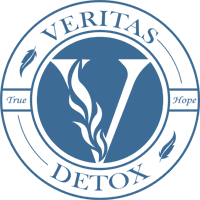There are a number of holistic practices available for addicts in recovery that can help them manage their condition.
But what are meditation and mindfulness for addiction and how does it work?
What’s Meditation and Mindfulness for Addiction?
Meditation and mindfulness are two ancient practices that are based on quieting one’s mind and being mindful or conscious of one’s thoughts.
The practice dates back millennia and has been demonstrated to have a number of health and well-being benefits for practitioners.
Meditation and recovery are closely related as the practice has a variety of benefits for addicts that can help them combat cravings and strong emotions.
Meditation and mindfulness for addiction can help patients relax, reduce anxiety, and lower stress.
What Are The Health Benefits of Meditation?
Although meditation and mindfulness for addiction are considered holistic practices, there has been plenty of research and scientific proof of their effects on the body.
Electroencephalography (EEG) and functional magnetic resonance imaging (fMRI) scans have shown the positive effects that meditation can have on the brain and body.
Some of the benefits of meditation and mindfulness for addiction include:
Mental Health Benefits
While meditation benefits extend beyond the mind, mental health is its main focus.
These are some ways in which meditation and mindfulness for addiction can improve your mental health:
- Lower anxiety and depression
- Improve your mood
- Reduce insomnia and improve sleep quality
- Give increased feelings of relaxation
- Reduce symptoms of PTSD
- Help manage mental cravings
- Help recover from Substance Abuse Disorders (SUD)
- Improve mental health for terminal disease patients
- Improve eating behaviors
- Improved ability to think clearly and solve problems
- Live a healthier happier mindful life
Physical & Other Health Benefits
Our minds and bodies are connected and can affect each other in both positive and negative ways.
The effects of this link can be observed in the health decline of people with high levels of stress. Likewise, when people improve their mental health with meditation, they can also see the benefits extend to their bodies.
For example, one study showed that people with chronic pain were able to reduce pain with meditation by up to 42%. This practice and pain reduction also helped them sleep better and improve their mood.
These are some ways in which meditation and mindfulness for addiction can improve your physical health:
- Reduce high blood pressure
- Improve Irritable Bowel Syndrome
- Improve Ulcerative Colitis
- Reduce anxiety
- Reduce depression
- Help manage physical cravings
- Could help manage pain
Can Meditation Help in Addiction Recovery
The short answer is yes, it can—it helps addicts cope with change and triggers, feel at ease, and avoid relapses.
Addicts and alcoholics are known to have racing thoughts, which can develop negative self-talk and increase stress levels. This is where meditation and recovery meet.
Meditation and mindfulness provide addicts with a tool to quiet their minds and become conscious of their negative self-talk.
The ancient practices allow addicts to re-organize their thoughts and bring their focus back to a healthy mind frame.
Meditation can also be of invaluable assistance during the initial process of recovery and detoxification.
During this time, addicts can be overly susceptive to strong mood swings which can become more manageable by employing meditative practices.
The practice can also help addicts combat anxiety and cravings that can lead to relapse.
Addicts can employ mindfulness each time cravings or thoughts of relapse invade their thoughts. Recovering addicts can cultivate awareness by submerging into a meditative state and clearing their heads of the thought of using again.
Holistic Recovery
When seeking recovery it’s critical to entrust your well-being to a team of professionals that will teach you or your loved ones the tools needed to stay sober well past your initial treatment.
Attending a rehab center that offers a holistic approach to meditation and recovery can help your or your loved ones overcome your struggles with addiction.
If a loved one is experiencing addiction symptoms then it’s time to get help.
Veritas Detox offers a holistic approach to addiction recovery. Help is available 24 hours a day and 7 days a week at no cost or obligation.
Speak to one of Verita’s recovery experts, to seek the help you and your loved ones need. Contact Veritas Detox now!





